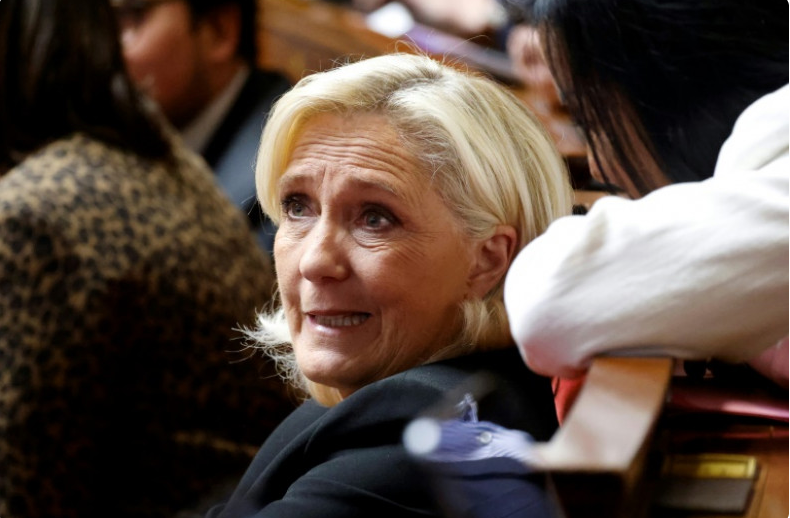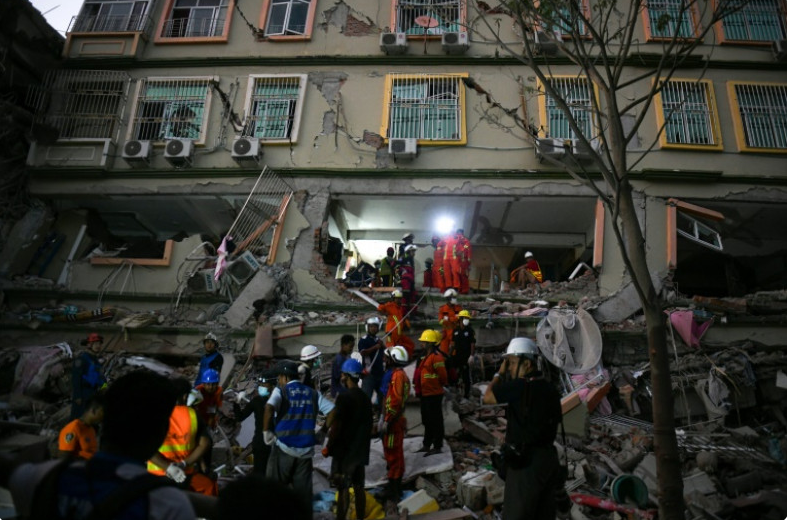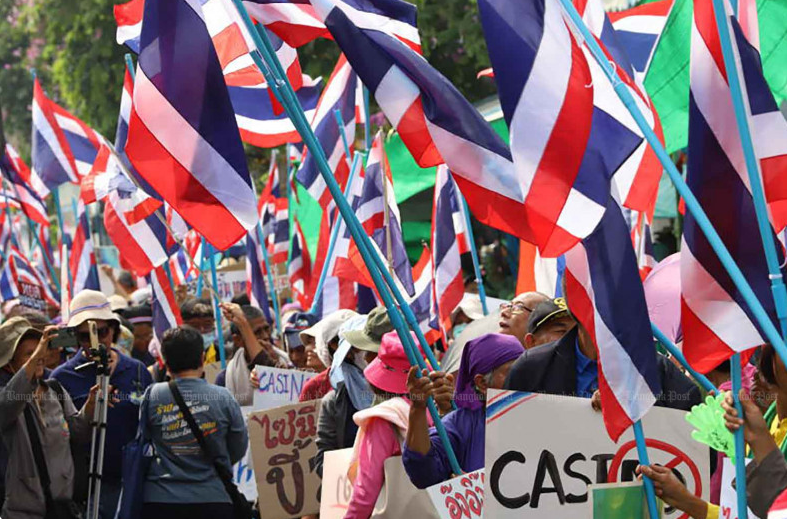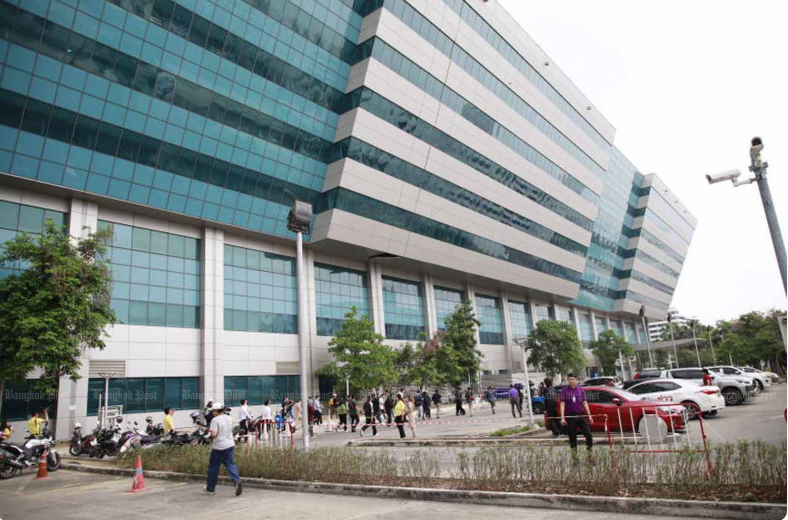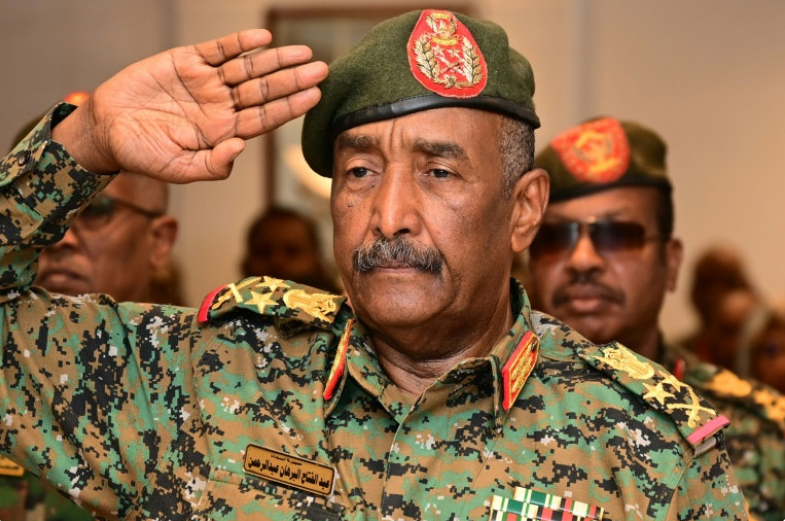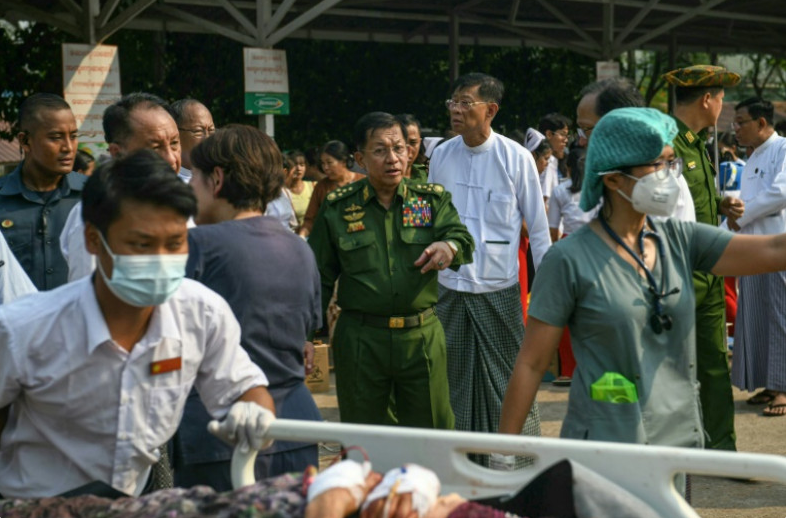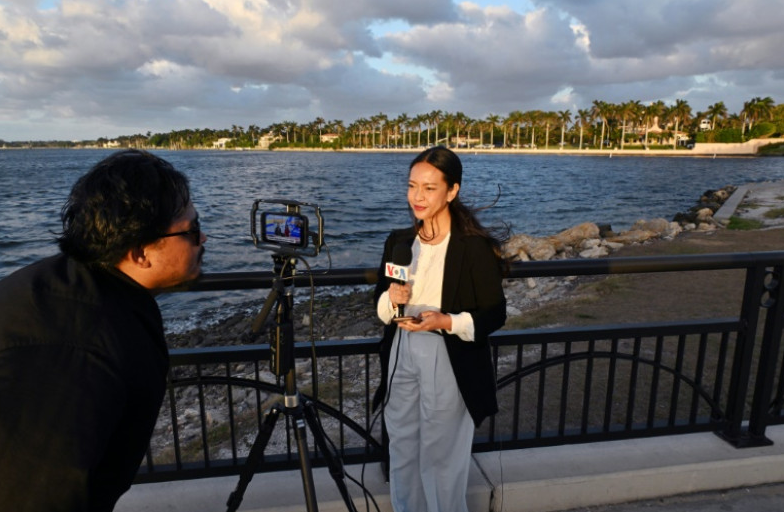Trump suspends VOA, Radio Free Asia, Radio Free Europe
WASHINGTON — President Donald Trump’s administration on Saturday placed journalists at Voice of America and other U.S.-funded broadcasters on leave, an abrupt freeze on outlets that have long been seen as key to blunting a Russian and Chinese information offensive.
Hundreds of journalists and other employees at VOA, Radio Free Asia, Radio Free Europe and other outlets got an email over the weekend saying that they would be locked out of their offices and should return press passes, office-issued telephones and other equipment.
Trump, who has already moved to eviscerate both the US aid agency and Education Department, on Friday signed an executive order identifying the US Agency for Global Media as one of the “elements of the federal bureaucracy that the president has determined are unnecessary.”
The agency continues to exist, but screens for reporters are in the hands of Kari Lake, a firebrand Trump admirer and former Arizona news anchor she controls after losing a US Senate run, who wrote — in an email to media she supervises– that federal grant money “no longer effectuates agency priorities.”
A White House press official, Harrison Fields, struck a much less legalistic tone in a post on X, simply posting “goodbye” in 20 languages, a mocking reference to VOA’s multilingual coverage.
The President of Radio Free Europe/Radio Liberty, which began broadcasting into the Soviet bloc during the Cold War, described the cancellation of funding as “a massive gift to America’s enemies.”
Gift to China? –
“The Iranian ayatollahs, Chinese communist leaders and autocrats in Moscow and Minsk would rejoice at the demise of RFE/RL after 75 years,” its president, Stephen Capus, said in a statement.”
“It would make our adversaries even stronger, and America weaker,” he said.
Although US-funded media have undergone a process of recalibration since the end of the Cold War, shedding much programming aimed at newly democratic Central and Eastern European countries, the immediate focus after the Cold War’s end was on Russia and China.
Founded in 1996, Radio Free Asia views its mission as penetrating countries that have no free media — among them China, Myanmar, North Korea and Vietnam — and giving them uncensored reporting.
The outlets maintain an editorial firewall, with an explicit guarantee of independence even though they are funded at least in part by the US government.
The policy has incensed some close to Trump, who has long railed against media and in his first term in office suggested that US government-funded outlets hike up promotion of his policies.

